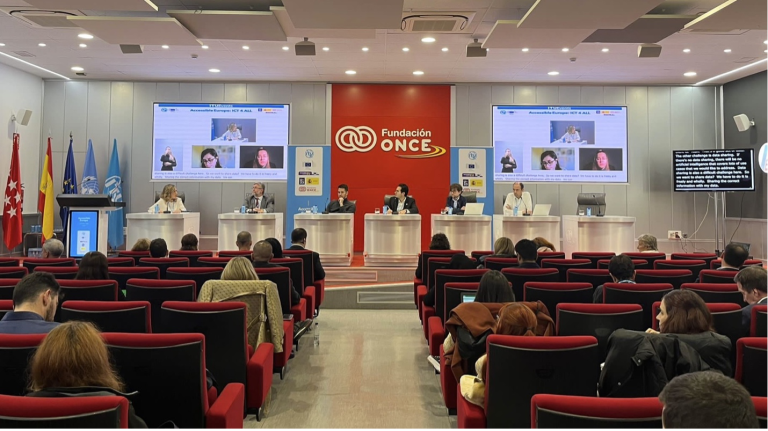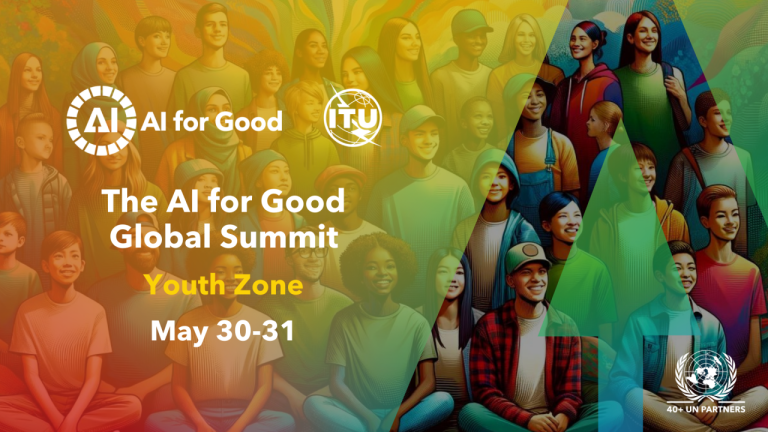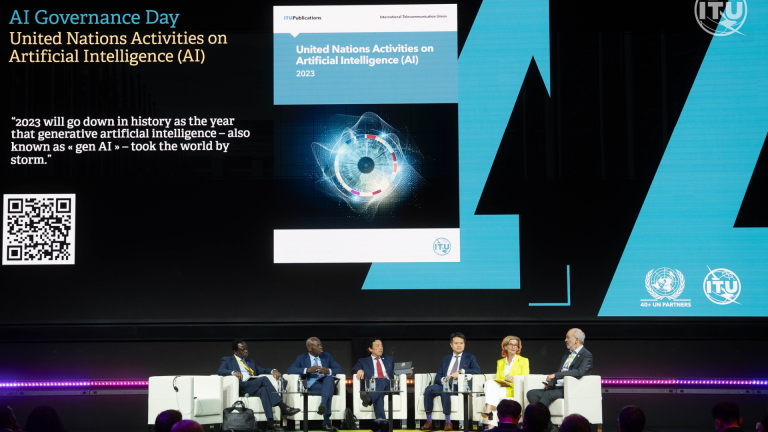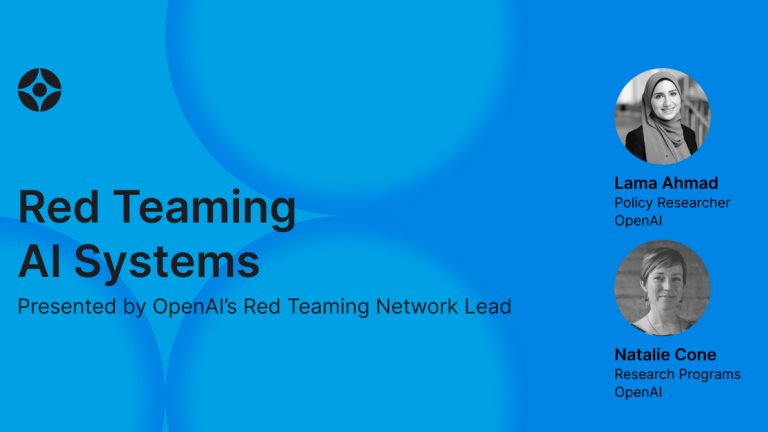Unlocking AI Governance: Expert Insights and Key Findings from Industry Leaders
Explore the comprehensive AI Governance Day 2024 Report – From Principles to Implementation right here.
Panelists:
H.E. Ms. Emma Inamutila Theofelus, Minister of Information and Communication Technology, Namibia
H.E. Mr. Mauricio Lizcano, Minister of Information Technologies and Communications, Colombia
H.E. Mr. Zunaid Ahmed Palak, Minister of State for the Ministry of Posts, Telecommunications and Information Technology, Bangladesh
Moderator:
Robert F. Trager, Professor at the University of Oxford
The three distinguished ministers provided a recap of the morning’s discussions, attended by over 200 participants. The panel highlighted the necessity of a unified, inclusive, and human-centered approach to AI governance. They discussed the myriad opportunities and significant challenges faced in the AI landscape. Minister Palak echoed a profound statement from his Prime Minister, saying, “If you want to go fast and far, innovate together,” which perfectly encapsulates the essence of global collaboration essential for navigating the complexities of AI governance and ensuring its equitable benefits worldwide.
Minister Theofelus, Namibia
Minister Emma Theofelus commenced the dialogue by reflecting on the fruitful nature of the morning’s engagements. She outlined several pivotal areas of emphasis:
Global coordination: The vital need to synchronize diverse global initiatives to minimize fragmentation among UN agencies, governmental bodies, and regional organizations.
“Governance is certainly broader than mere regulation, thus we must reduce fragmentation […] to guarantee compliance with common standards in AI governance.” (Emma Inamutila Theofelus)
Human-centric AI: Maintaining a focus on human rights and the human aspect in AI applications.
Leveraging existing instruments: Enhancing capabilities built on established frameworks and regulations rather than starting from scratch.
“We don’t necessarily need to create […] or build new institutions, we can already build on existing capacities and institutions.” (Emma Inamutila Theofelus)
Ms. Emma Inamutila Theofelus, Minister of Information and Communication Technology, Namibia
Inclusive data governance: Recognizing data governance as a cornerstone for inclusive AI governance.
“We need everyone at the table, whether from the global north or south, to make sure nobody is excluded.” (Emma Inamutila Theofelus)
Local applicability: Acknowledging national capacities and cultural as well as linguistic diversities to mitigate biases in AI systems.
Keeping up with technology: Engaging AI developers in governance dialogues to adapt swiftly to the rapidly changing AI landscape.
Balancing regulation and innovation: Ensuring that regulation nurtures rather than hinders innovation.
“We must find equilibrium between regulation and innovation and ensure that regulation triggers innovation.” (Emma Inamutila Theofelus)
Ongoing discussions: Fostering an environment of continuous dialogue among stakeholders to prevent isolated discussions between producers and consumers of AI.
Minister Lizcano, Colombia
Minister Mauricio Lizcano from Colombia reflected on the associated risks and benefits of AI. He emphasized the importance of a human-centric AI and the urgency of global collaboration. Minister Lizcano pointed out two significant risks:
Human-serving AI: Making sure that AI prioritizes serving humanity rather than being in service to it.
Competitive landscape: Navigating the rivalry among companies and nations with a focus on safety rather than merely striving to win the AI race.
He advocated for democratizing AI to ensure it’s not just accessible to a privileged few but open and comprehensible to all.
“AI shouldn’t just be a topic for elite discussions […] we need ordinary people to grasp what is occurring with AI.” (Mauricio Lizcano)
Mr. Minister Lizcano also highlighted Colombia’s ambitious programs aimed at democratizing AI through educational initiatives and capacity building.
“In Colombia, we’re training secondary students in machine learning and Python programming […] and establishing the first faculty of AI in Latin America.” (Mauricio Lizcano)
H.E. Mr. Mauricio Lizcano, Minister of Information Technologies and Communications, Colombia
Mr. Minister Palak, Bangladesh
Mr. Minister Zunaid Ahmed Palak of Bangladesh introduced the groundbreaking “G Brain,” a government AI initiative designed to improve service delivery.
“Our most ambitious project in Bangladesh is the development of G Brain.” (Zunaid Ahmed Palak)
Mr. Minister Palak shared an impressive demonstration in which a startup developed a digital twin of himself using AI, showcasing the technology’s remarkable potential in education and training.
“This experience was both fascinating and enlightening.” (Zunaid Ahmed Palak)
H.E. Mr. Zunaid Ahmed Palak, Minister of State for the Ministry of Posts, Telecommunications and Information Technology, Bangladesh
However, Minister Palak also cautioned against the perils of AI-generated misinformation, referencing a recent incident involving a fabricated photograph of a cyclone’s aftermath.
“This situation underscores a serious risk linked to AI errors, the spread of false information, and the dire consequences for social harmony, public safety, and the credibility of our institutions.” (Zunaid Ahmed Palak)
He urged the implementation of rigorous measures to combat the misuse of AI, stressing the importance of ethical guidelines and regulatory frameworks.
“We must develop comprehensive measures to counteract this misuse [by] creating ethical guidelines and regulatory structures to ensure responsible AI usage.” (Zunaid Ahmed Palak).
Watch the complete session here:
MinisterH.E. Ms. Emma Inamutila Theofelus, Ministry of Information and Communication Technology, Namibia MinisterH.E. Mr. Mauricio Lizcano, Ministry of Information Technologies and Communications Colombia






